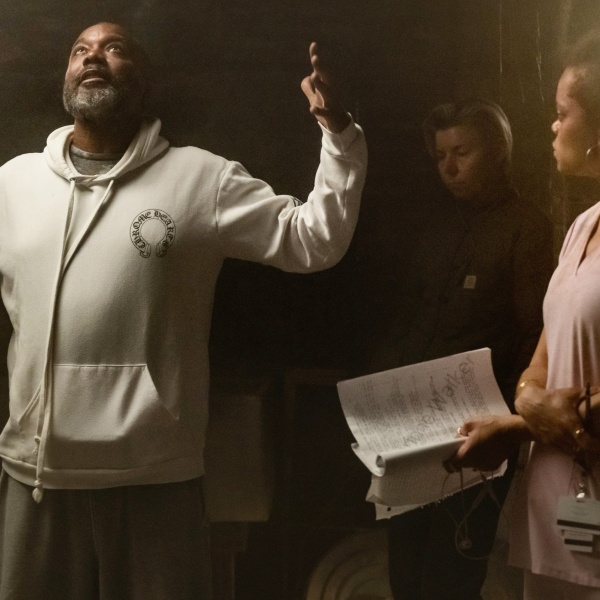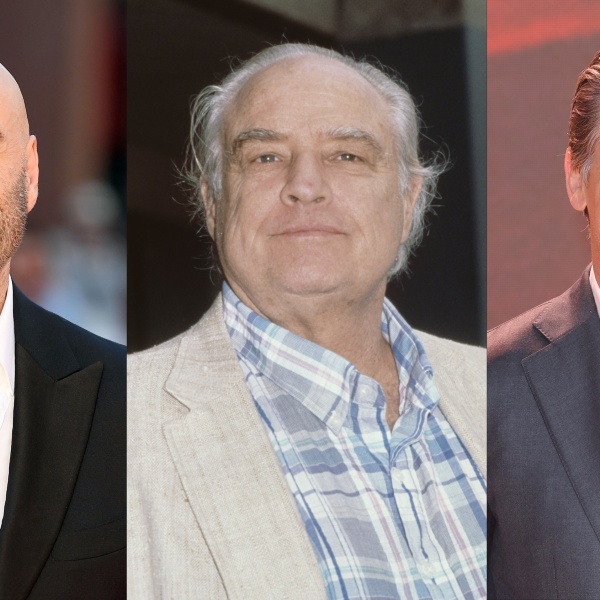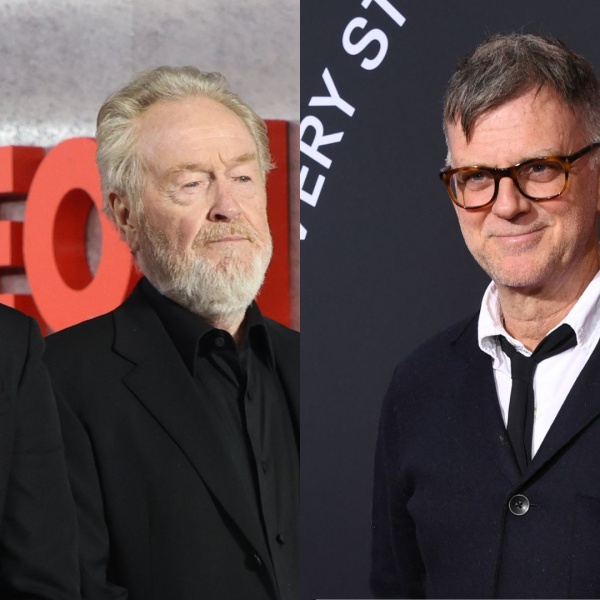Christopher Nolan‘s “Oppenheimer” has created a massive surge in public interest in the life of J. Robert Oppenheimer. But the atomic bomb inventor’s grandson wants to make sure the cultural phenomenon doesn’t obscure the facts.
In a new interview with Time, Charles Oppenheimer shared his thoughts about Nolan’s cinematic take on his grandfather’s life. While he praised the film as a whole, Charles took particular issue with a scene in which J. Robert Oppenheimer attempts to kill a professor with a cyanide-laced apple.
The story is featured in Kai Bird and Martin J. Sherwin’s biography “American Prometheus: The Triumph and Tragedy of J. Robert Oppenheimer,” on which Nolan based his screenplay. But Charles Oppenheimer disputed the story’s accuracy and complained about what he saw as the biographers’ failure to verify the claim.
“The part I like the least is this poison apple reference,” Oppenheimer said of Nolan’s film. “If you read ‘American Prometheus’ carefully enough, the authors say, ‘We don’t really know if it happened… There’s no record of him trying to kill somebody. That’s a really serious accusation and it’s historical revision. There’s not a single enemy or friend of Robert Oppenheimer who heard that during his life and considered it to be true.”
Oppenheimer made it clear that he doesn’t necessarily blame Nolan for including the scene in the film. His primary grievance is with Bird and Sherwin for including an unsubstantiated story in a book that became one of the definitive sources of information on his grandfather’s life.
“Sometimes facts get dragged through a game of telephone,” he said. “In the movie, it’s treated vaguely and you don’t really know what’s going on unless you know this incredibly deep backstory. So it honestly didn’t bother me. It bothers me that it was in the biography with that emphasis, not a disclaimer of, this is an unsubstantiated rumor that we want to put in our book to make it interesting.”
As a whole, though, Oppenheimer said that Nolan’s film is a faithful interpretation of his grandfather’s life.
“As a dramatized representation of the history, it was really largely accurate,” he said. “There are parts that I disagree with, but not really because of Nolan.”







